
DISCUSS:
How could you find out what your town was like before people lived there?

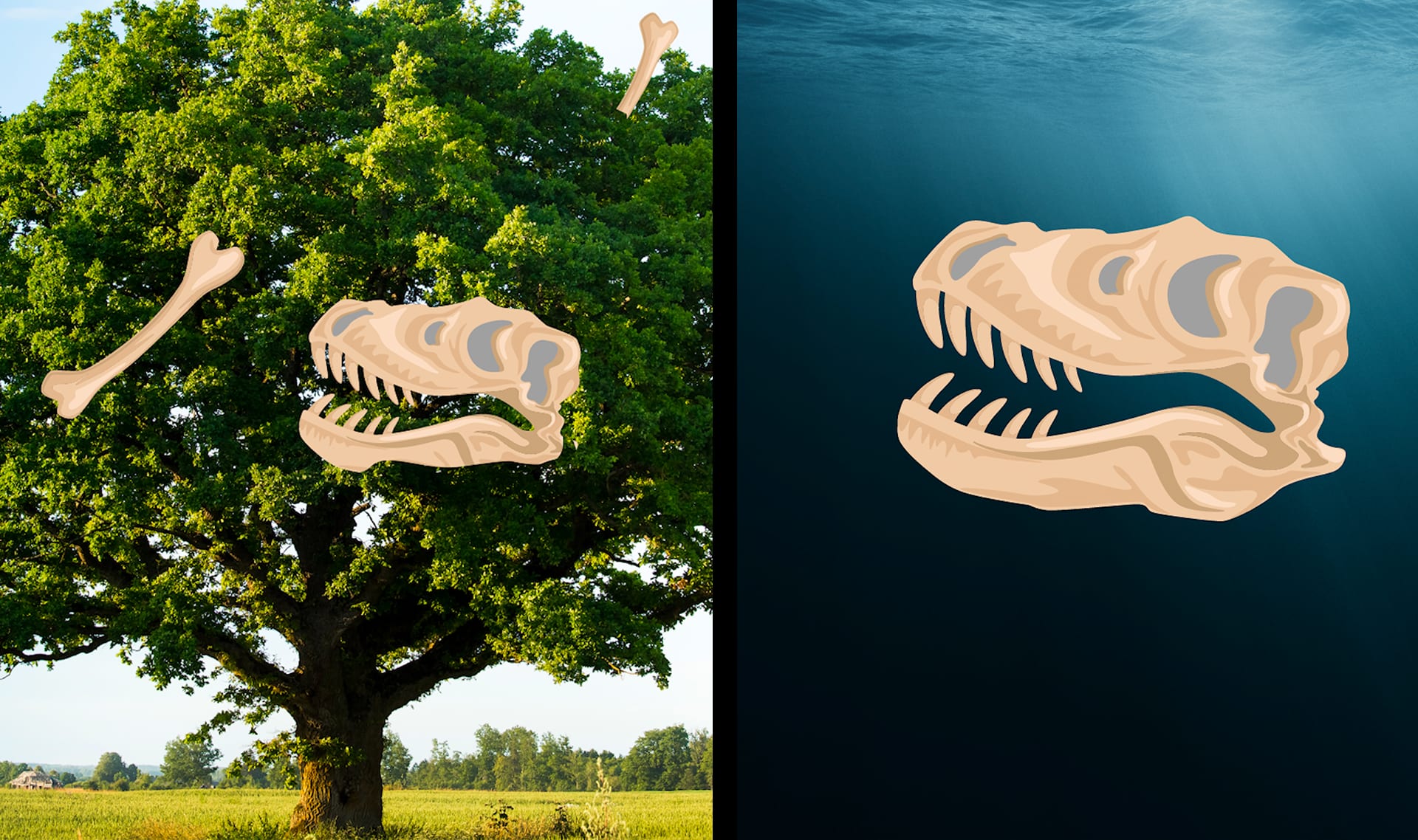

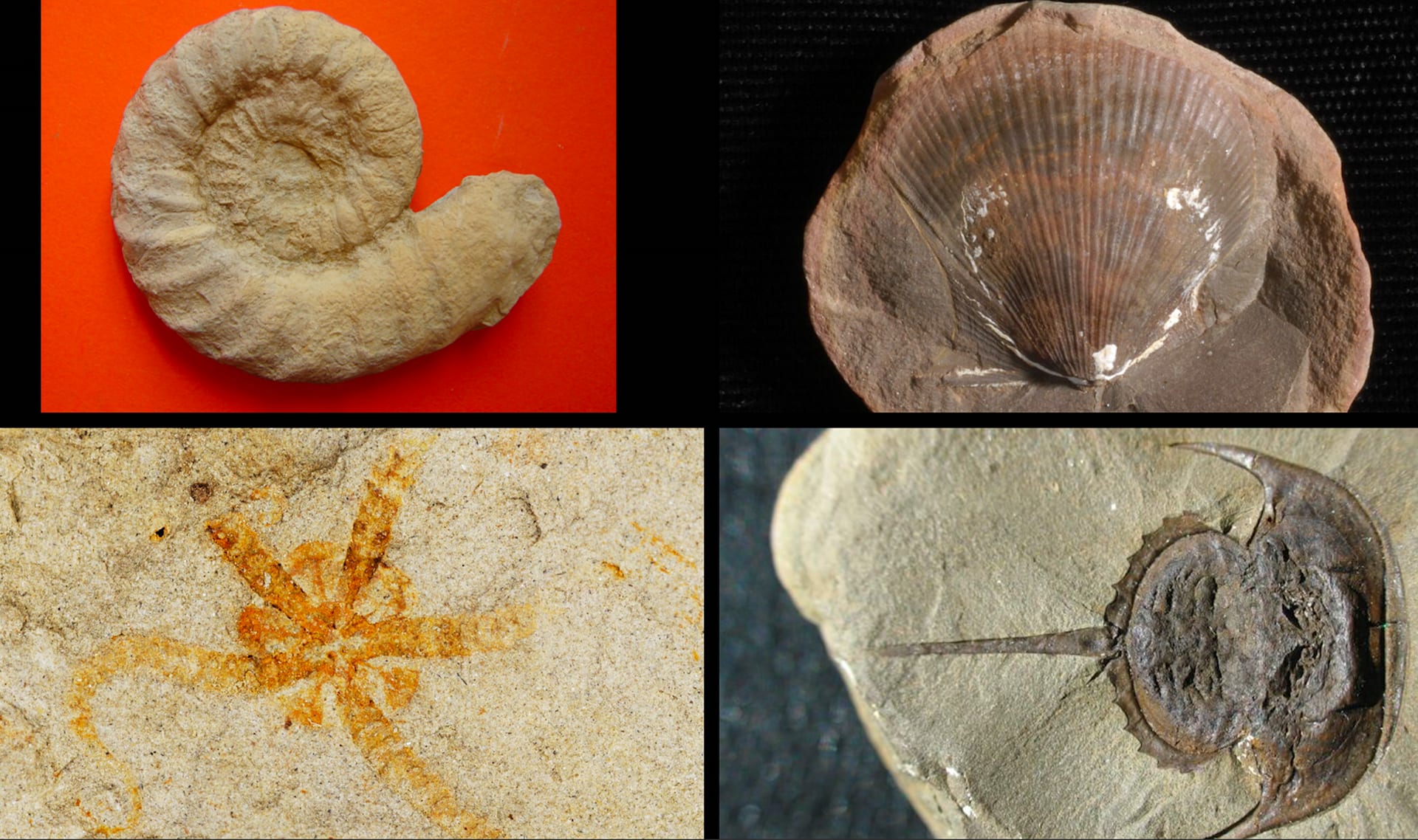

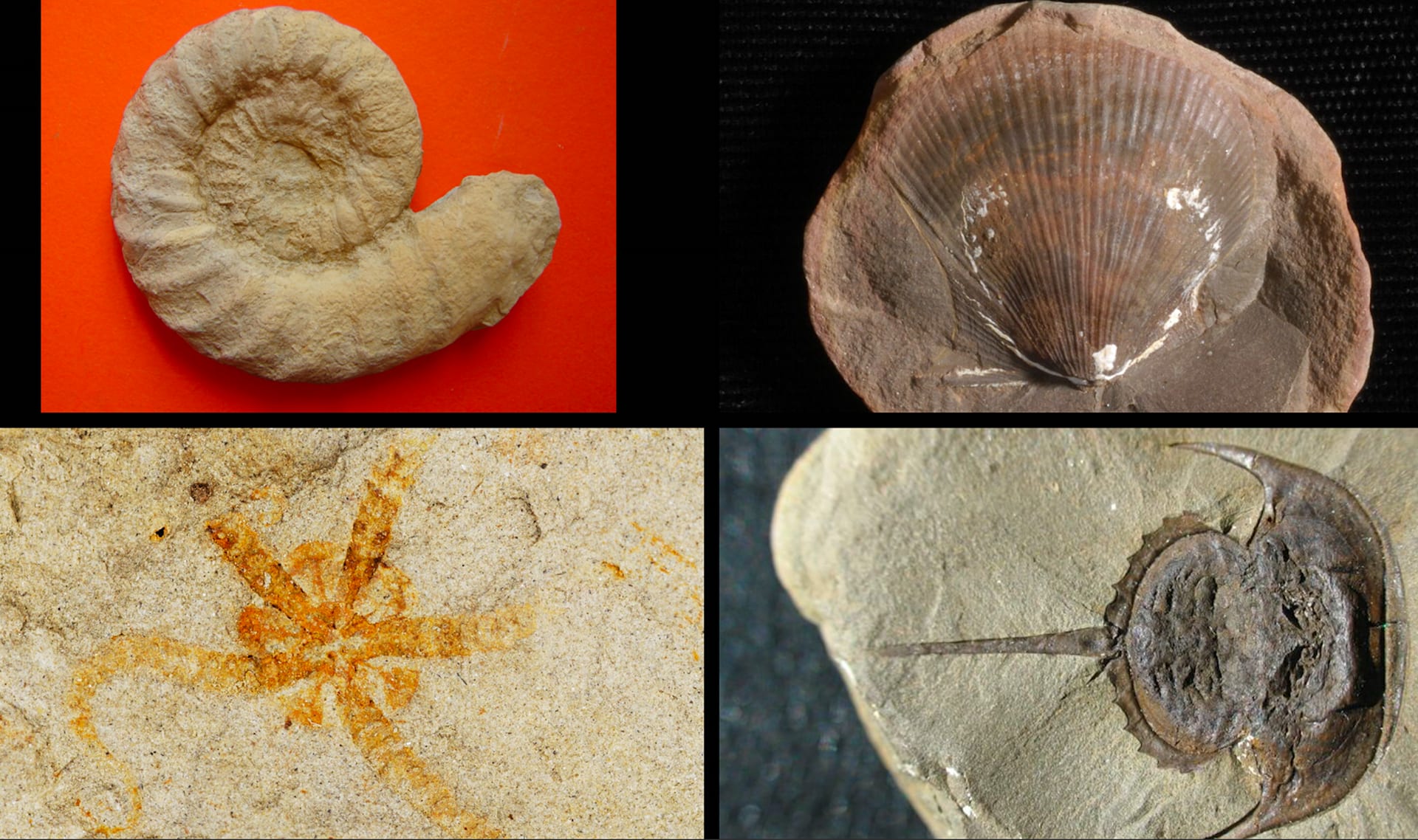

DISCUSS:
How can the same spot have fossils of LAND animals AND fossils of AQUATIC animals?












Teachers: If you are short on time, this is a good stopping point.
You can come back and use your completed Colossal Canyon model next time.
If you’re continuing right now, advance to the next slide.





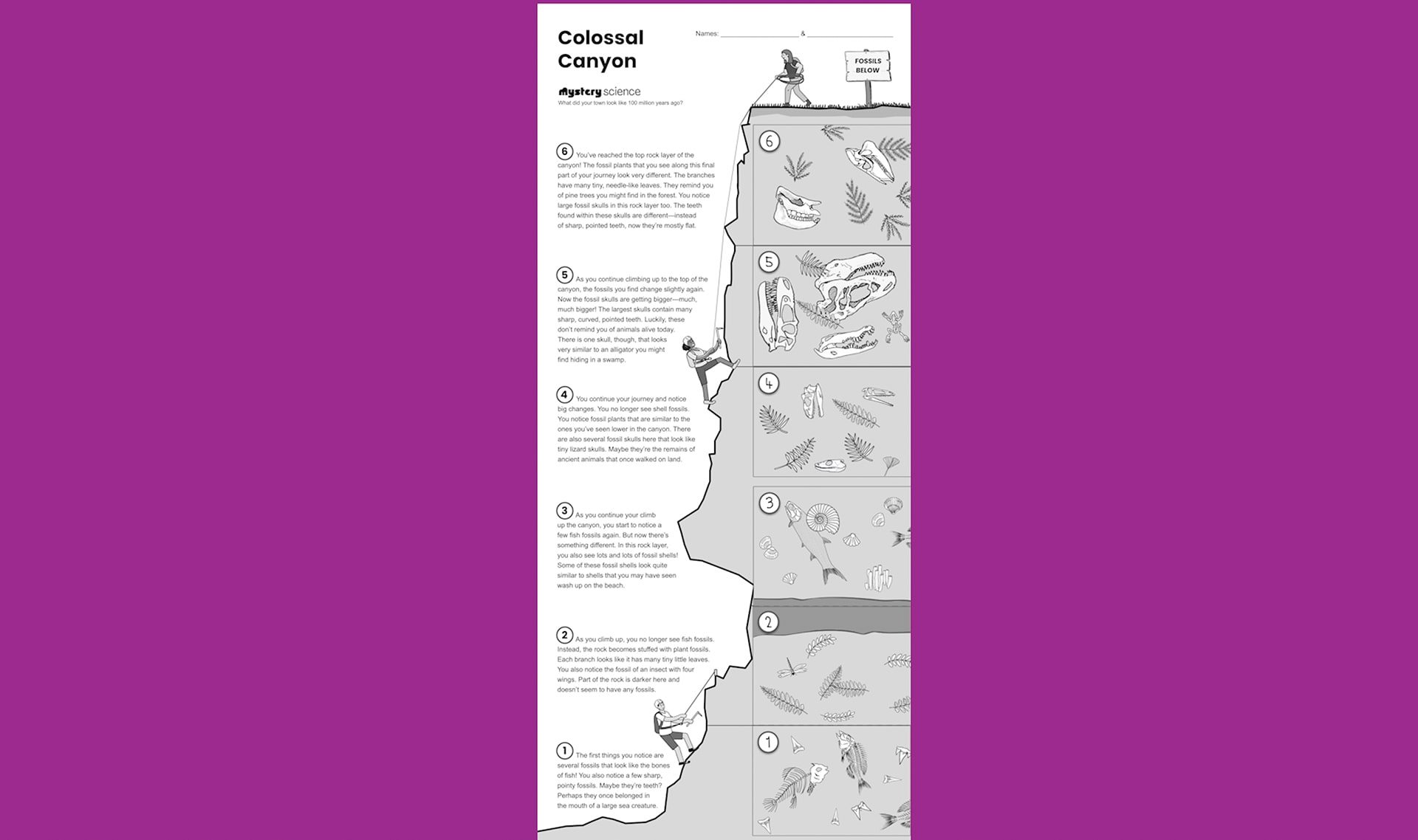

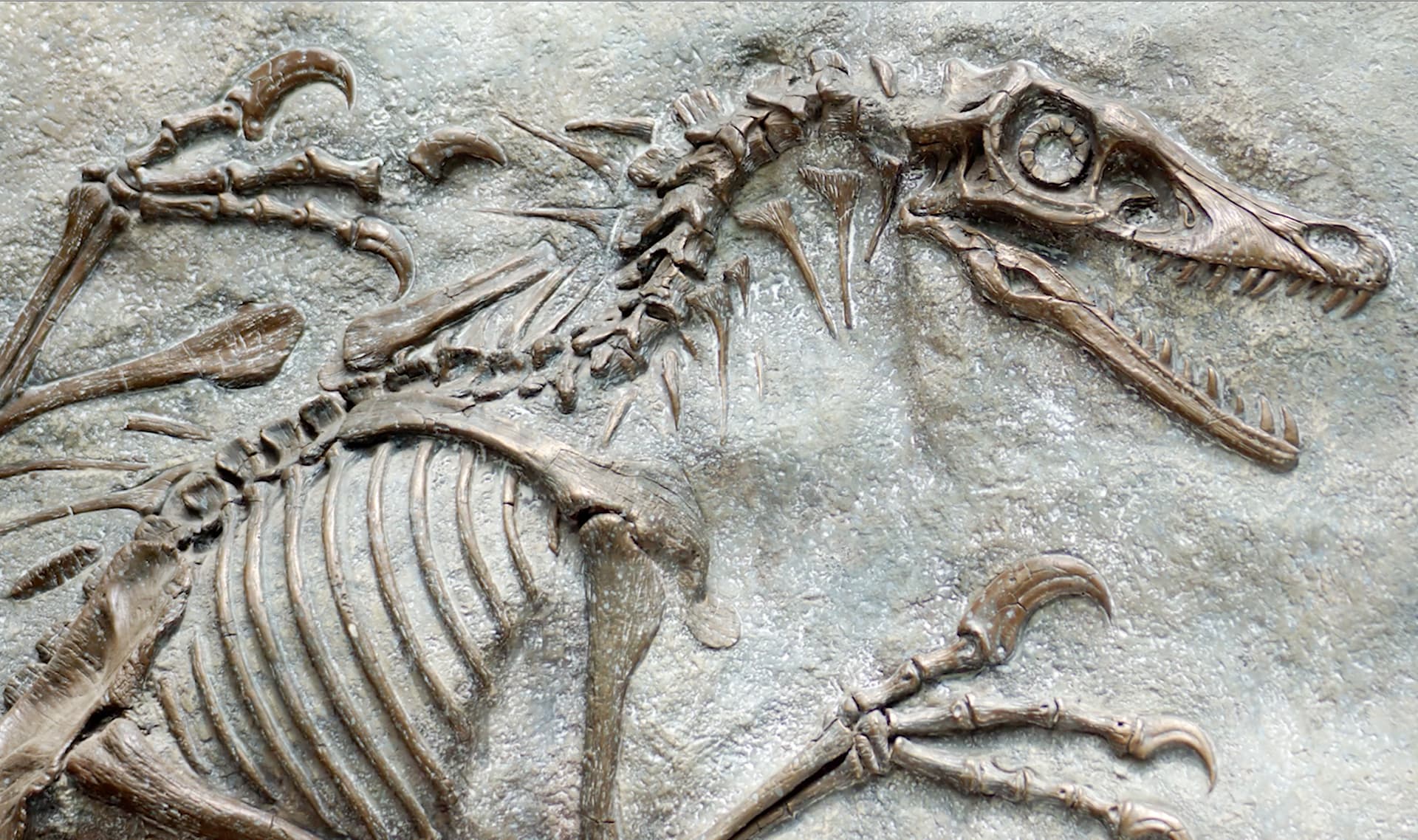

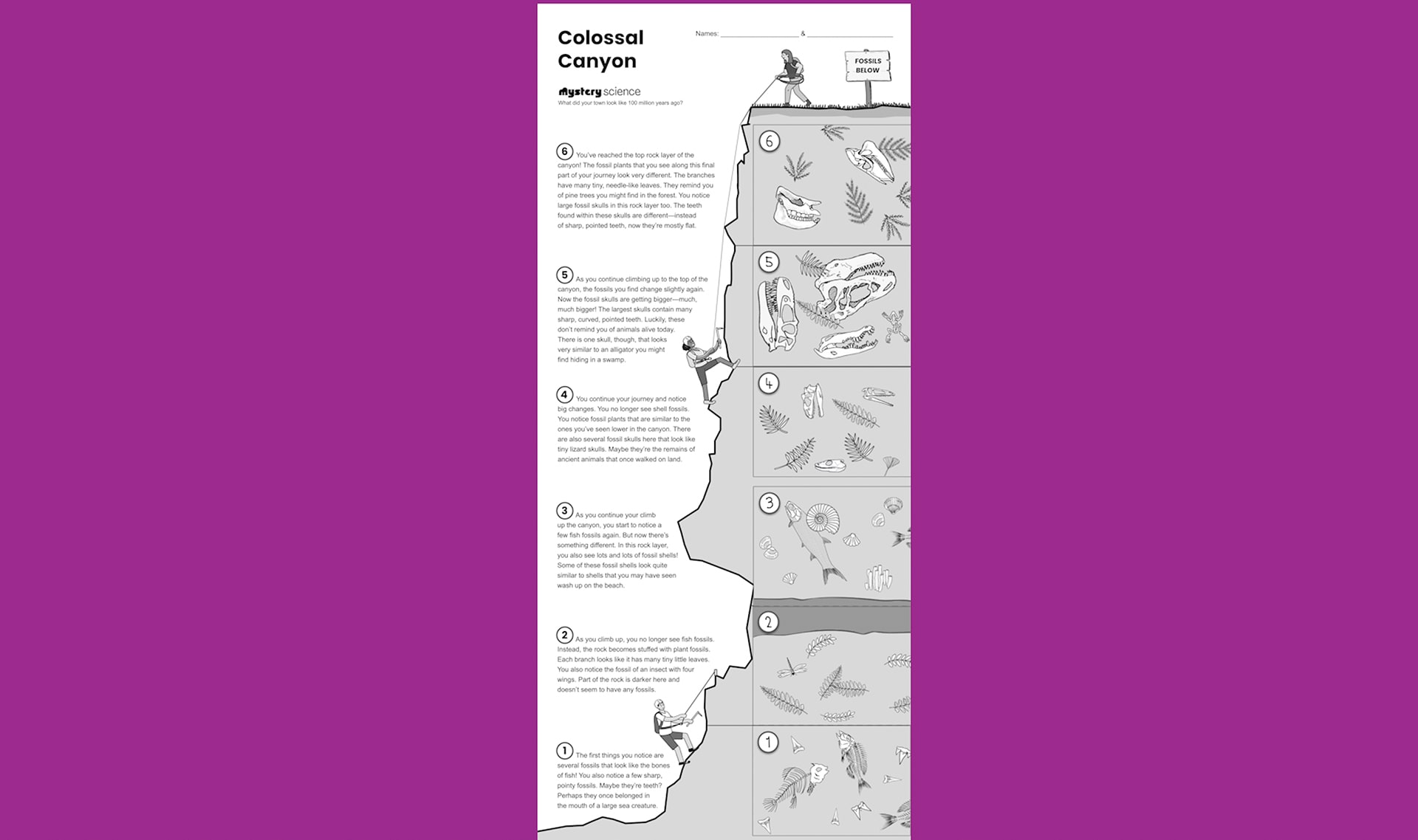

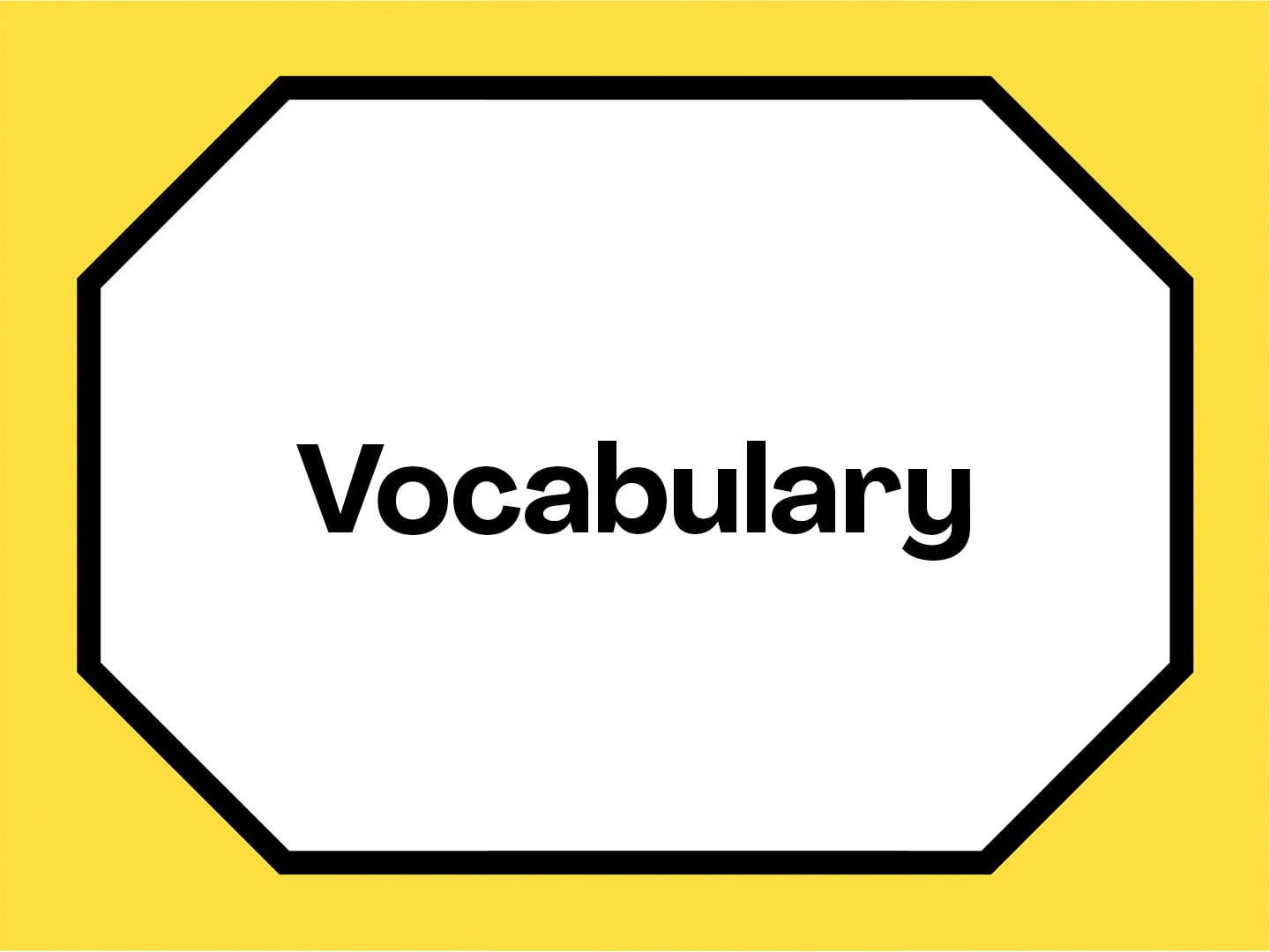
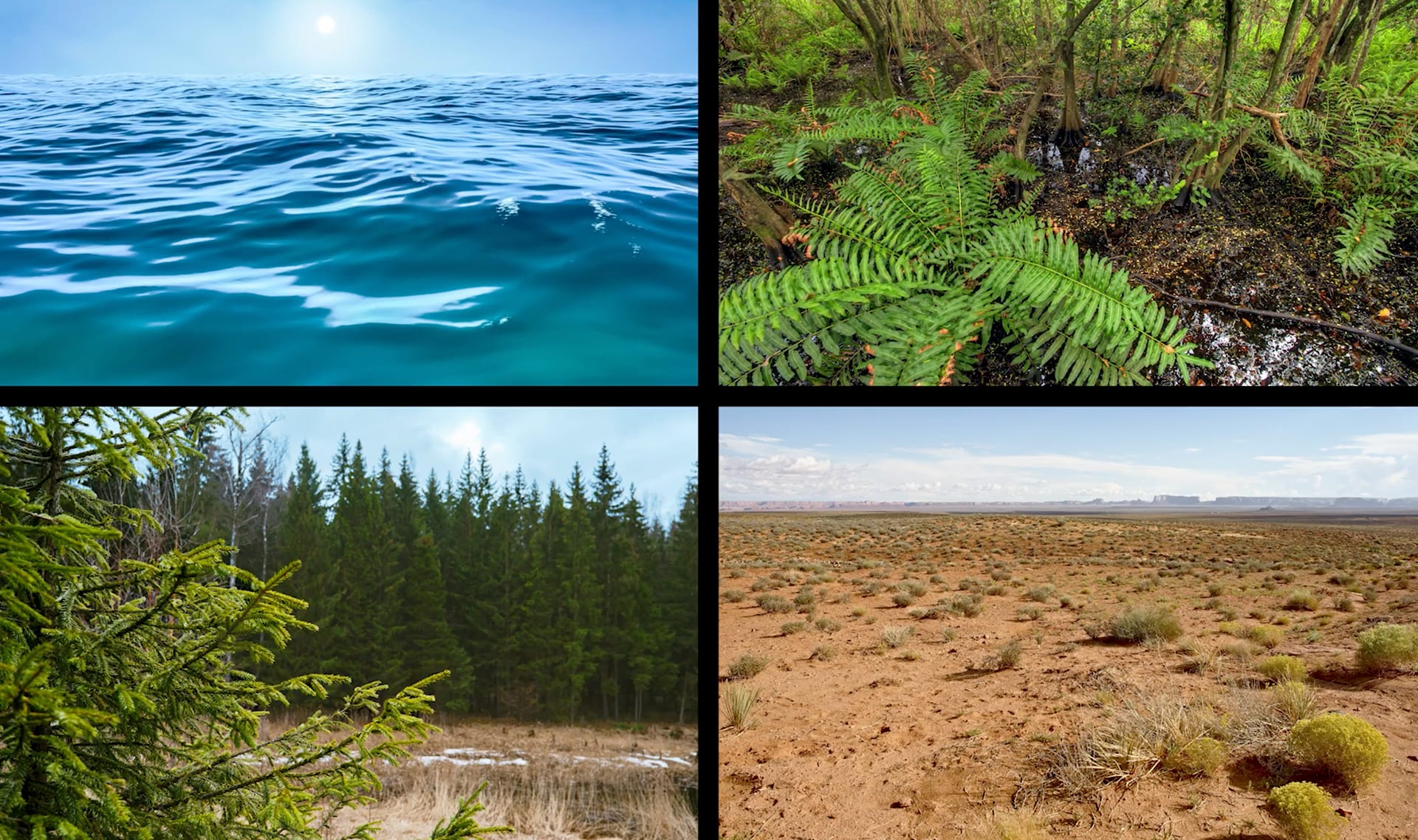
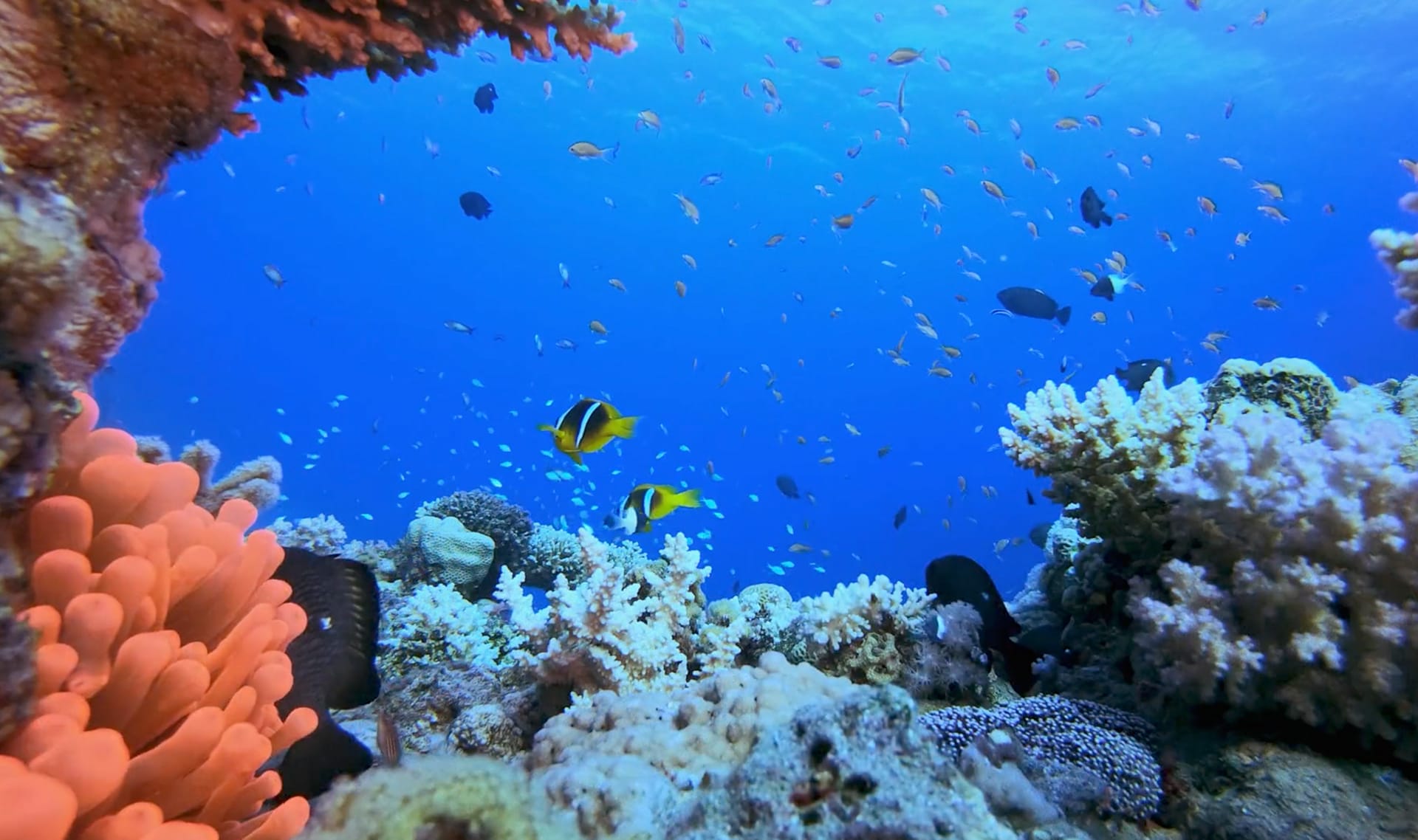
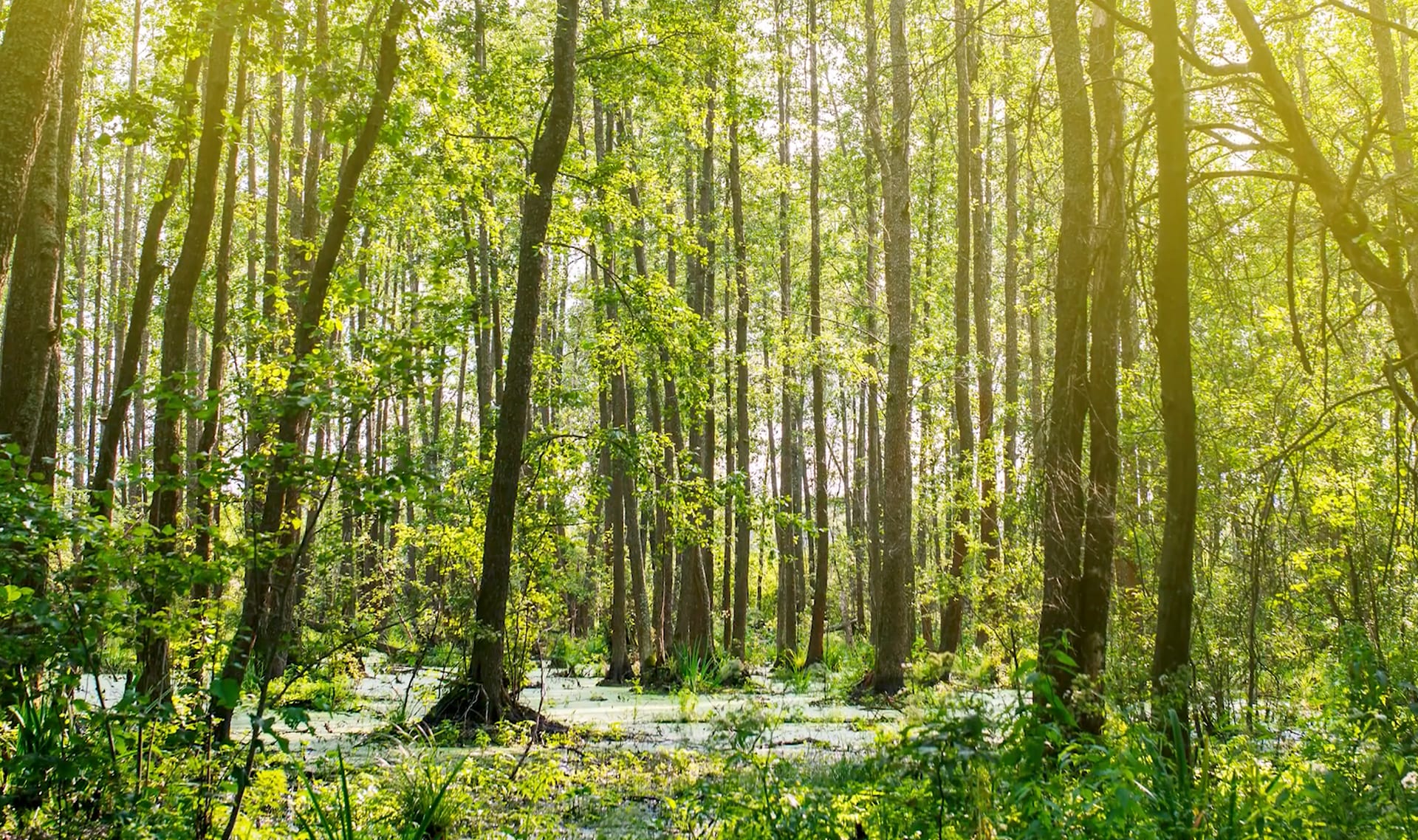
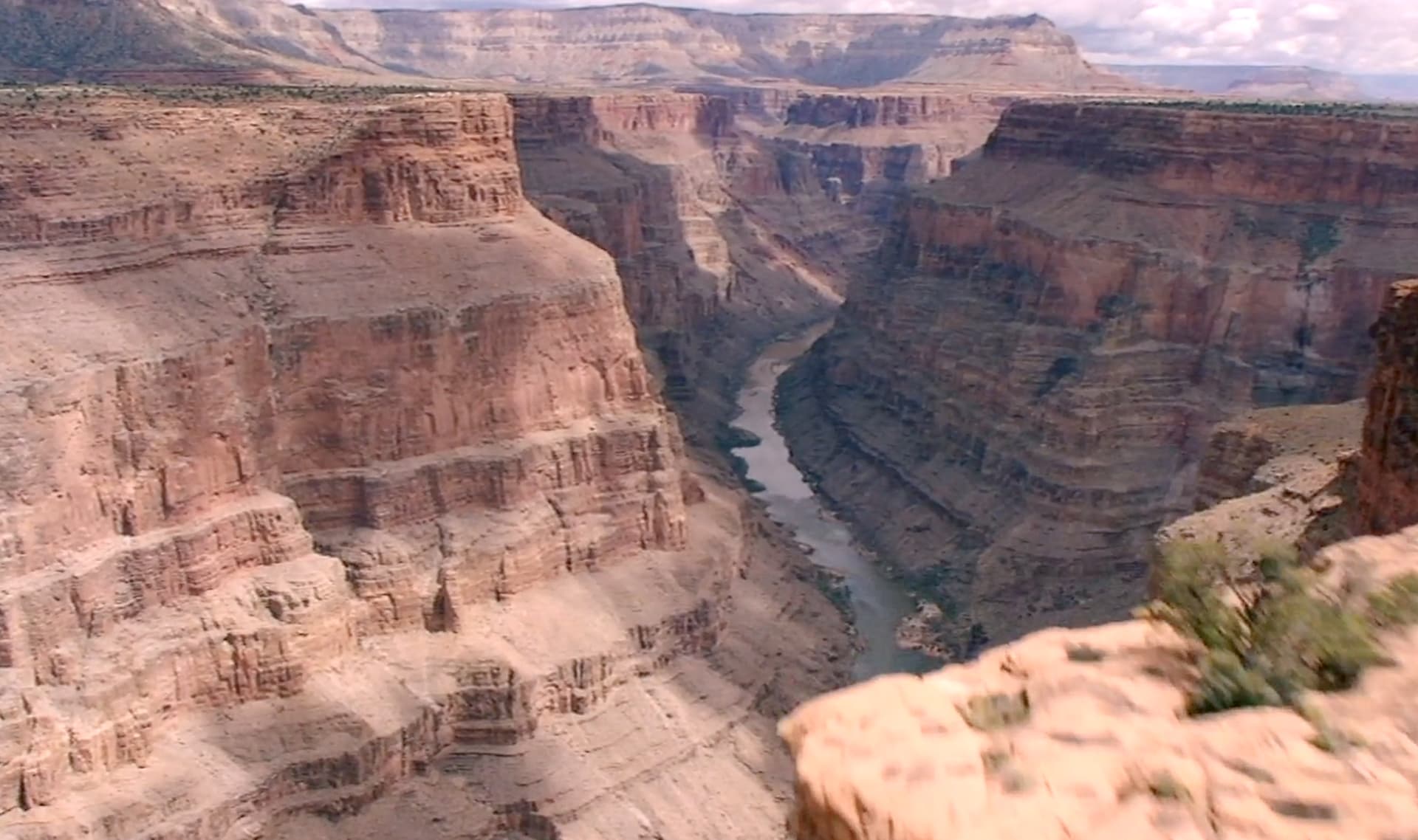
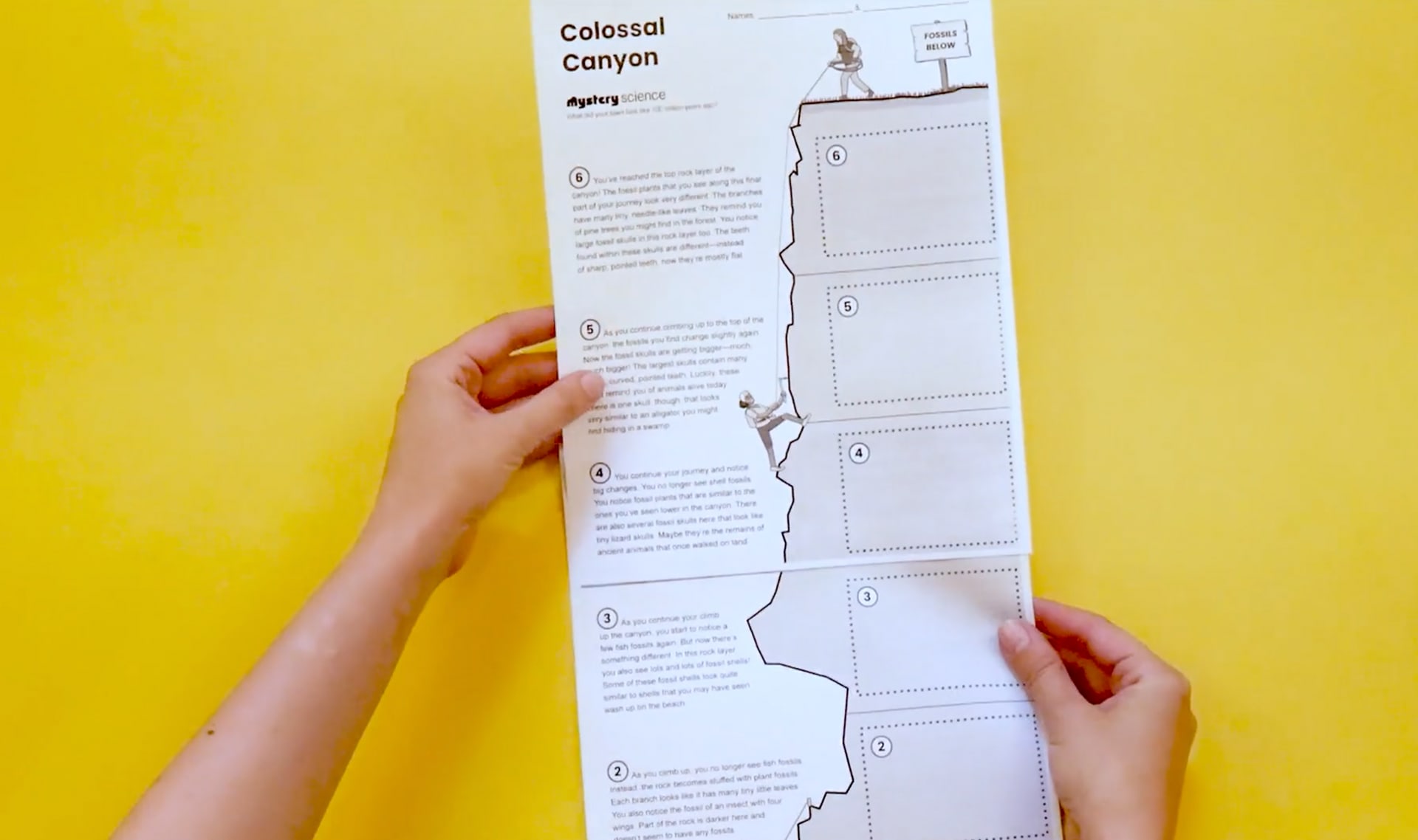
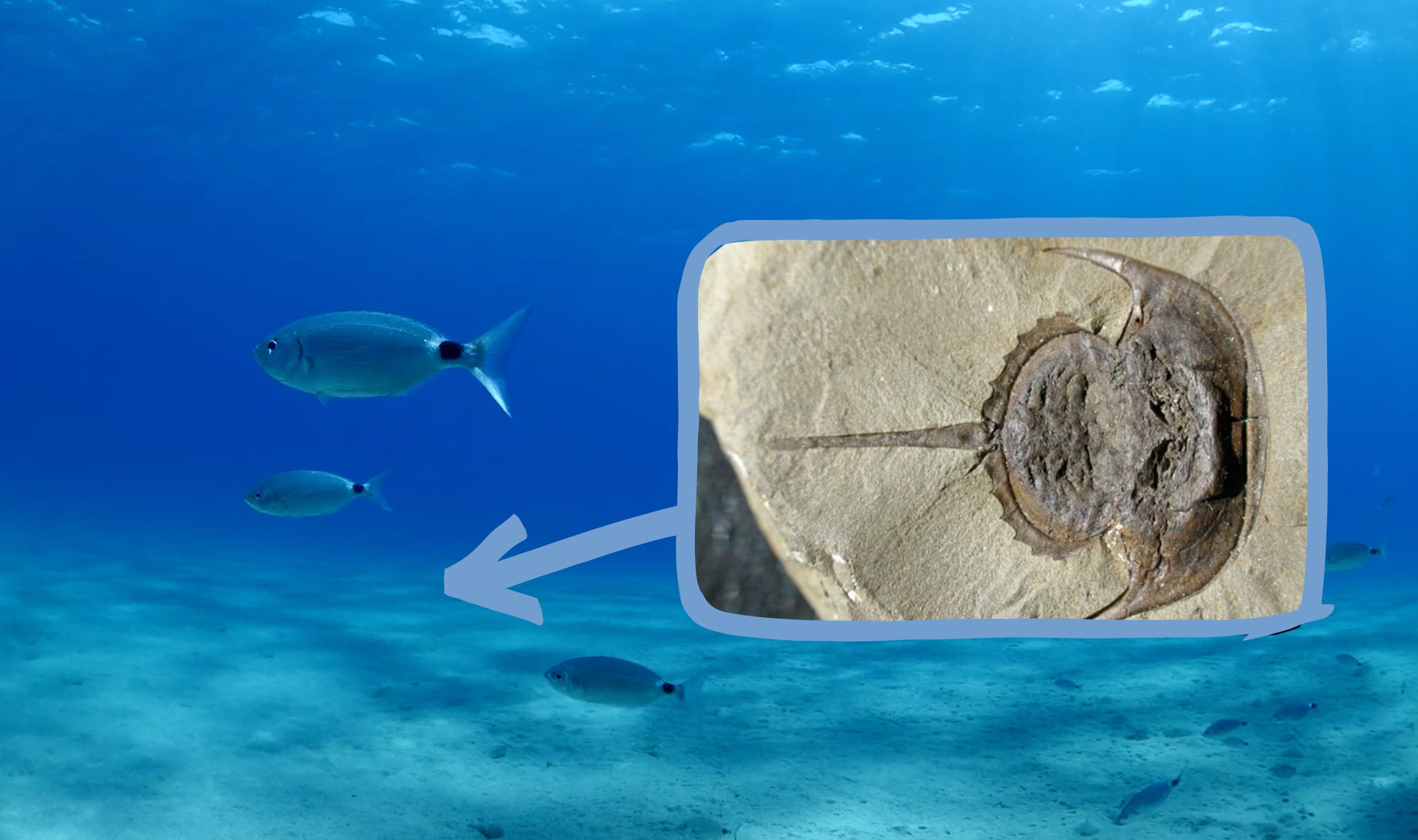
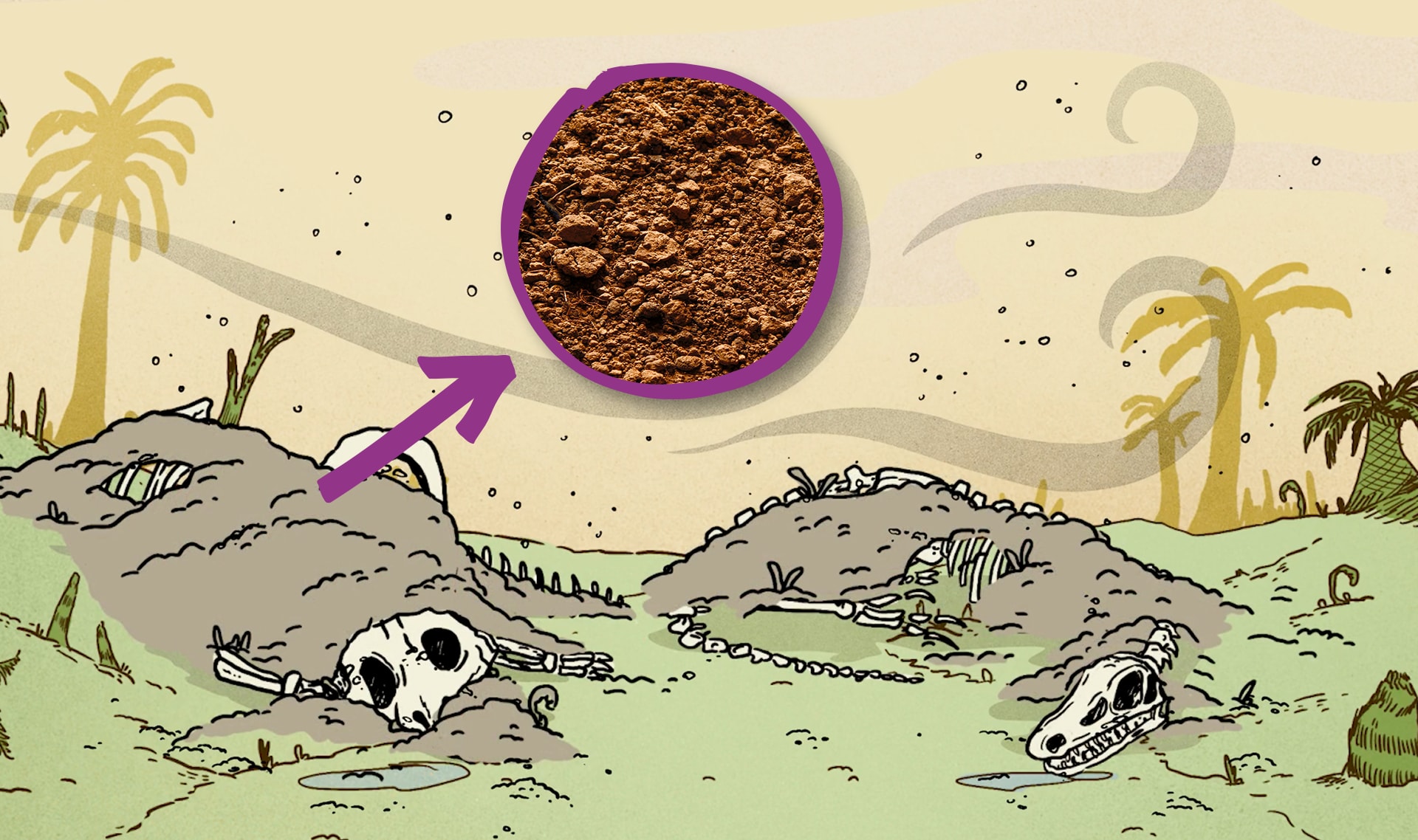

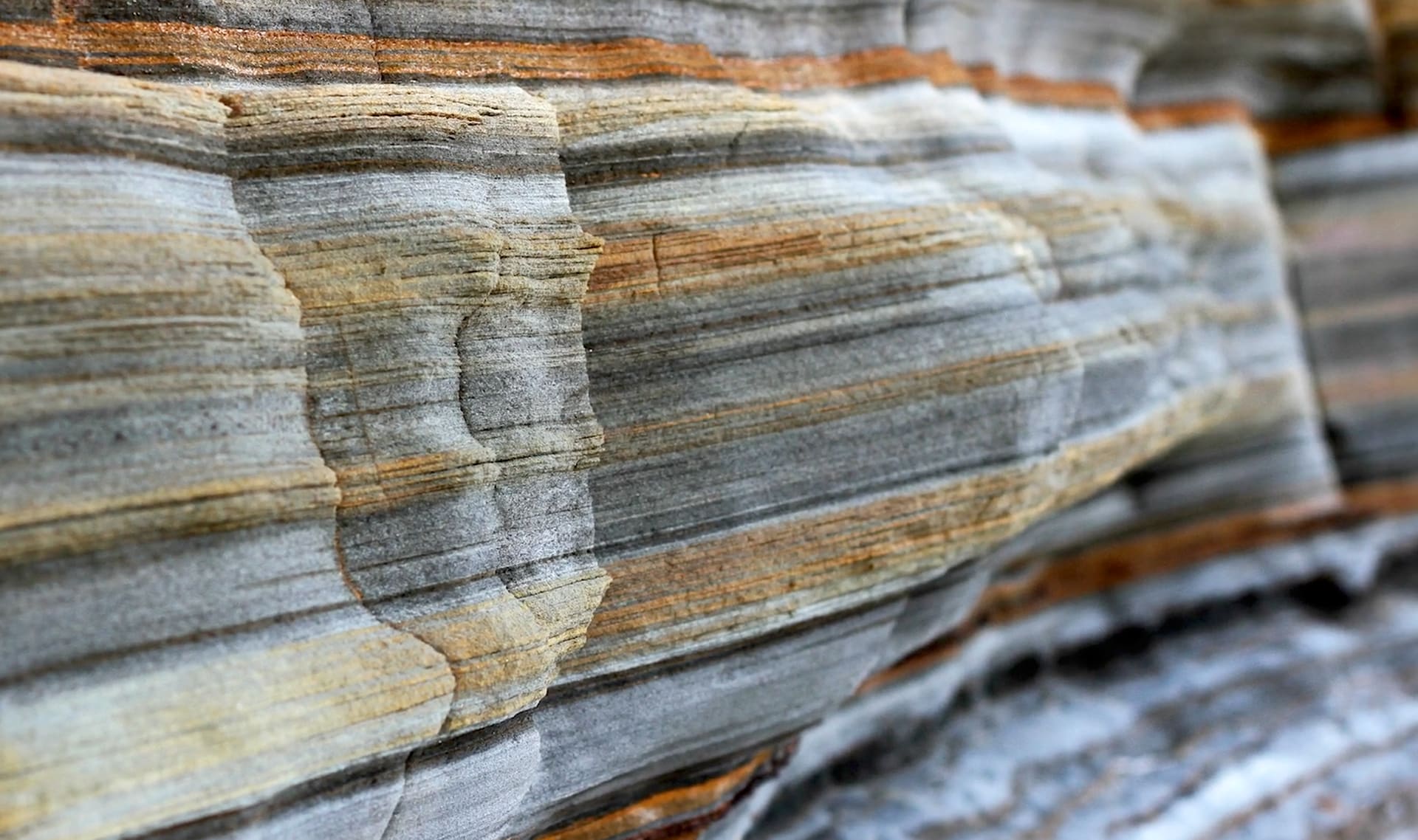
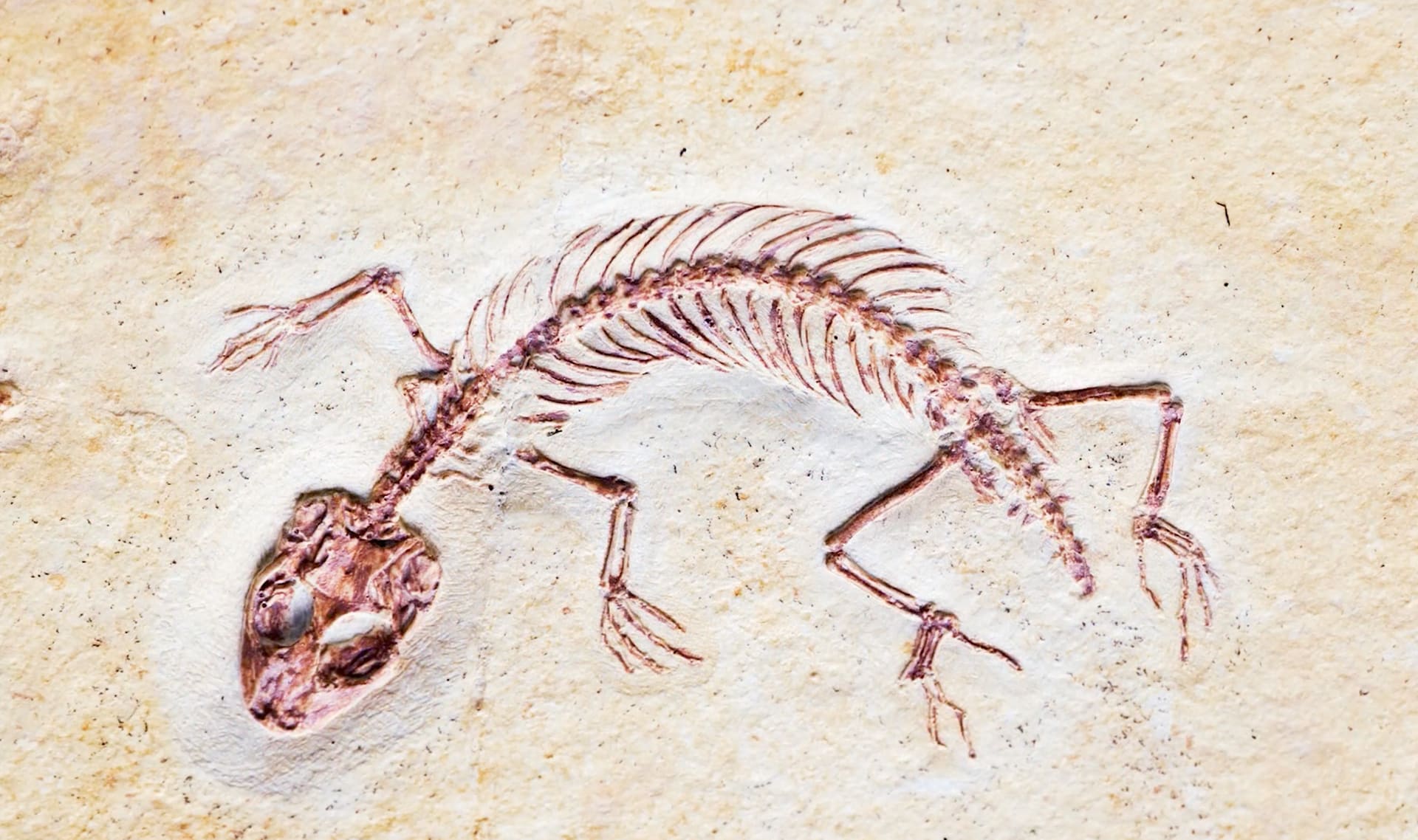
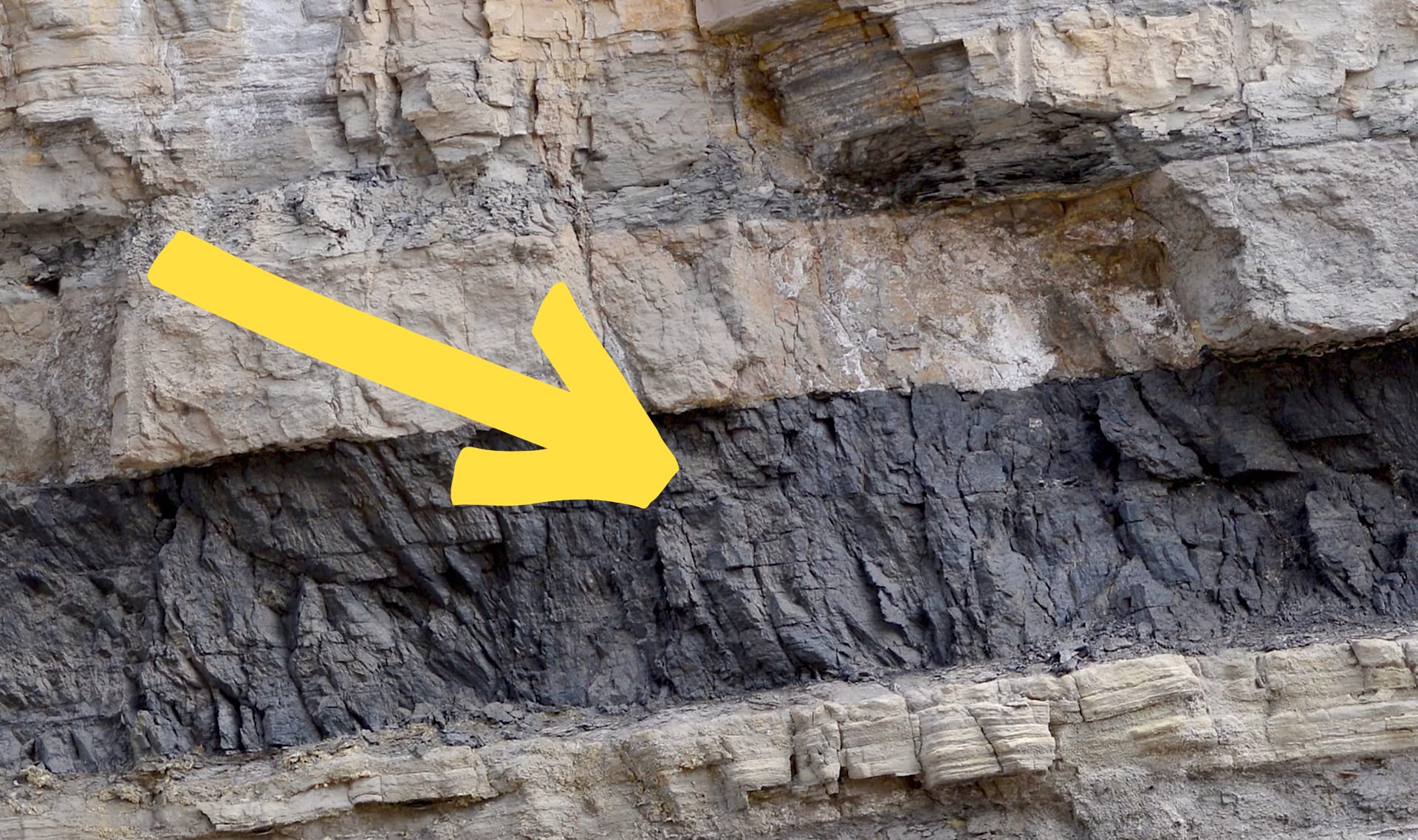

| Colossal Canyon printout | Print 15 copies |
| Colossal Canyon Answer Key teacher-only resource | 1 copy |
| Fossil Cards printout | Print 15 copies |
|
Glue Sticks
|
30 glue sticks |
|
Scissors
|
30 pairs |
We suggest students work in pairs. Homeschool students can work on their own.
If you have limited time, you can divide this lesson into two sessions. We have marked a natural stopping point after the construction of the model canyon.
Part 1: Develop the Colossal Canyon Model.
Part 2: Use the Colossal Canyon Model begins here .
Colossal Canyon is a model, but if you and your students are curious, each layer roughly corresponds to a real geologic time period. If you want to learn more, be sure to check out our Extension with links to help you explore rocks and fossils throughout the National Park System in the United States.
Thanks for your feedback! If you have a question or need help, please contact us. Please consider sharing your review:
Sorry the lesson didn’t go well. We read every single review in an effort to improve our Mysteries.
Thanks for letting us know. We’ll wait to ask you for feedback until after you've actually taught it.
Thanks for the feedback! We read every single review in an effort to improve our Mysteries.
Please follow these steps:
Locked
6:10

Why is the sky blue?
Locked
4:41

Why do we call them doughnuts?
Locked
5:16

Could a turtle live outside its shell?
Your membership is expired. The archive of past Mini Lessons is not included in your limited access.
View pricing